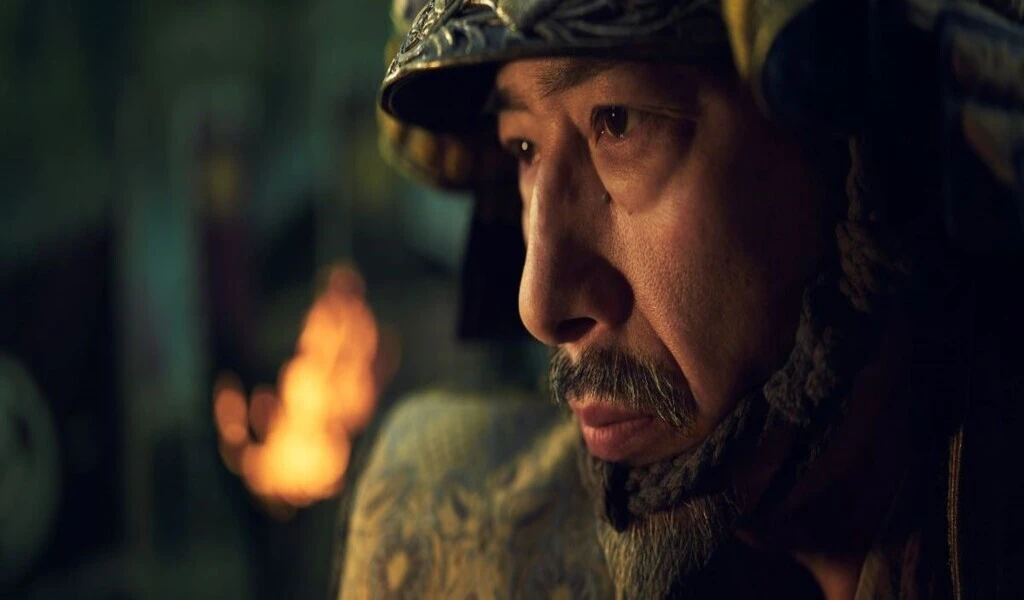Entertainment
The Shogun’s Language Confusion: Why English Is Referred To As Portuguese

(CTN News) – The show’s language confusion, in which English is called Shogun’s Portuguese, is difficult to adapt to, but is logical in the plot context.
It is set in late 16th century Japan, when Portuguese controlled the islands’ commerce with the West. Also, the Portuguese acted as a middleman in the commercial route between Japan and China, since the letter was no longer directly negotiating with the latter.
After his ship washed ashore in Japan, John Blackthorne became the first non-Portuguese European to establish relations with the Japanese.
It was inevitable that a show based in Japan at a time when Shogun Portuguese controlled the region’s external commerce would be affected by language confusion, given that the show features English, Japanese, and Portuguese protagonists.
Fortunately, FX’s new historical series avoids the pitfalls of the previous book adaptation by better navigating its setting and cultural diversity. Though this may be true, it is often Shogun odd to hear John Blackthorne and other Portuguese-speaking characters talk in English when they assert that their language is something else entirely.
Shogun’s view that English is a Portuguese language
There are several instances in Shōgun in which characters announce their intention to speak in Portuguese, only to speak English instead. It is because the lingua franca used by John Blackthorne and the Catholic priests in-universe is Portuguese, but English is used in the show instead.
In the story, every time a character speaks in English, they should be speaking in Portuguese. In spite of the fact that John Blackthorne is English, he only communicates with the Jesuits in Portuguese, which is also the language used by the translators whenever the navigator speaks to a Japanese person.
Portuguese was one of the world’s primary languages during the 15th and 16th centuries, serving as a lingua franca in several regions, including Shogun African and Asian countries.
During the early 16th century, Portugal led all European countries in terms of maritime imperialism, establishing colonies and trading routes in North Africa, West Africa, South Africa, and the region that would become known as Brazil.
It was in 1543 that the Portuguese arrived in Japan, and by the end of the century, both the Portuguese language and the Christian religion had been assimilated by many Japanese.
SEE ALSO:
Vyvymanga: Explore The World Of Manga in 2024!





























